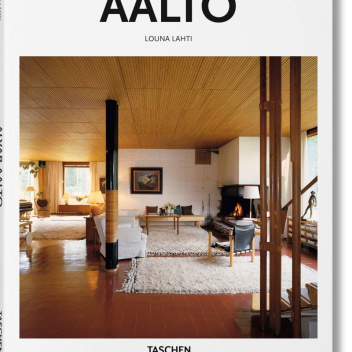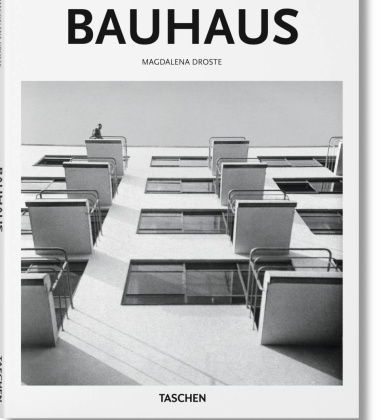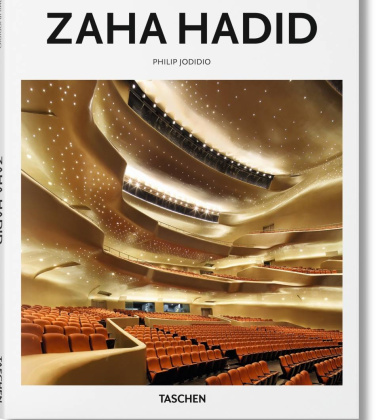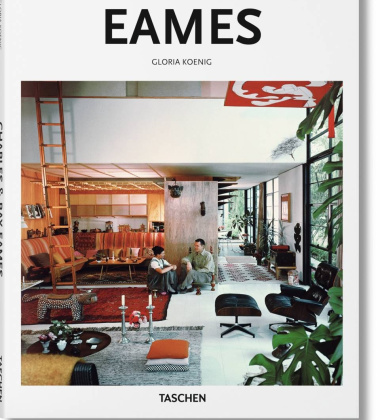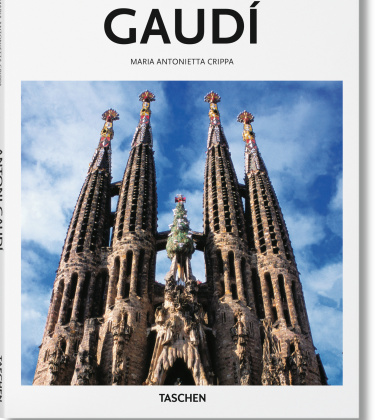Książka ALVAR AALTO The Gentler Face of Modernism
Taschen139,00 zł brutto
TASCH-4519
Discover the gentler face of modernism in this introduction to Alvar Aalto, the Finnish architect who defied the slick geometries set by the International Style to prioritize soft, poetic, undulating forms. Whether a villa, a sauna, or a lamp design, Aalto’s organic structures championed environmentally sound and progressive design with a deep-rooted sense of humanity and home.
| Wysokość.H | 21 x 26 cm |
| Głęb.Szer.W | 96 pages |
| Motyw | Ludzie |
| Materiał | Papier |
| Kolor | Złoto |
Produkt dostępny w magazynie.
Wysyłka w 24H
5 Przedmioty
Published by Taschen, Aalto covers the career of the Finnish architect and designer Alvar Aalto (1898–1976). Aalto became famous for his warm, curving and natural style that characterizes his buildings, furniture, luminaires and tableware. The book was written by Finnish writer and art historian Louna Lahti who worked for the Alvar Aalto Society for many years, and it is part of Taschen’s Basic Architecture series that presents life and work of internationally renowned architects with approximately 120 photographs, sketches and drafts. Editor of the collection is the German art historian Peter Gössel.
Discover the gentler face of modernism in this introduction to Alvar Aalto, the Finnish architect who defied the slick geometries set by the International Style to prioritize soft, poetic, undulating forms. Whether a villa, a sauna, or a lamp design, Aalto’s organic structures championed environmentally sound and progressive design with a deep-rooted sense of humanity and home.
Modern Grace
Lyrical forms from Finland
Alvar Aalto (1898–1976) made a unique modernist mark. Influenced by both the landscape and the political independence of his native Finland, he designed warm, curving, compassionate buildings, wholly set apart from the slick, mechanistic, geometric designs that characterized much contemporary European practice.
Whether a church, a villa, a sauna, or a public library, Aalto’s organic structures tended to replace plaster and steel with brick and wood, often incorporating undulating, wave-like forms, which would also appear in his chair, glassware, and lamp designs. An adherent to detail, Aalto insisted upon the humanity of his work stating: “Modern architecture does not mean using immature new materials; the main thing is to work with materials towards a more human line.”
Many of Aalto’s public buildings such as Säynätsalo Town Hall, the lecture theatre at Otaniemi Technical University, the Helsinki National Pensions Institute and the HelsinkiHouse of Culture may be seen as psychological as well as physical landmarks in the rebuilding of Finland after the ravages of war.

